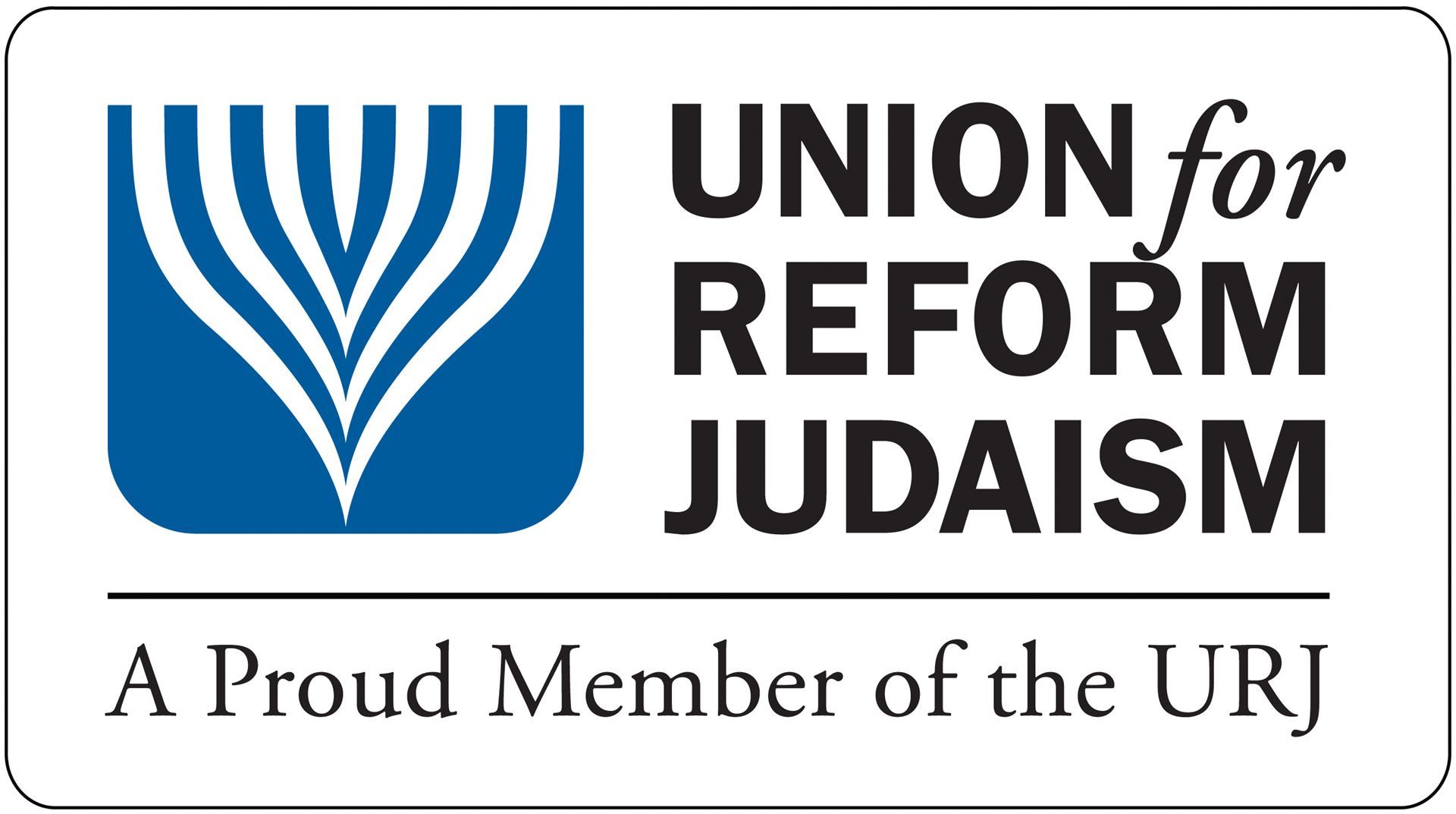The Social Action committee will, once again, be sponsoring its annual "Mitzvah Mall". And this year it is personal!! All of the organizations being represented have a direct line to Israel and each one has a vital role in the war going on in Israel right now.
When: Sunday, December 3 at 11 am
Where: Social hall
What is a "Mitvah Mall"?
An opportunity to purchase blank cards which include an insert describing the organization you've supported in honor of someone. These cards can be presented as gifts to the special people in your life. Cards will be $2 each for students and adults are asked to give what they can.
The participating organizations:
- Magen David Adom
- Friends of IDF
- Israel Guide Dog Center
So, please meet us at the mall! If you can't be there but want to buy some cards, please send a check to the temple (to the attention of Annette/Social Action) or donations can be made through the AE website. Let me know if you've made a donation and I can make sure you get the cards and the inserts for the organization(s) you choose to support.
Thank you,
Annette & the Social Action committee


